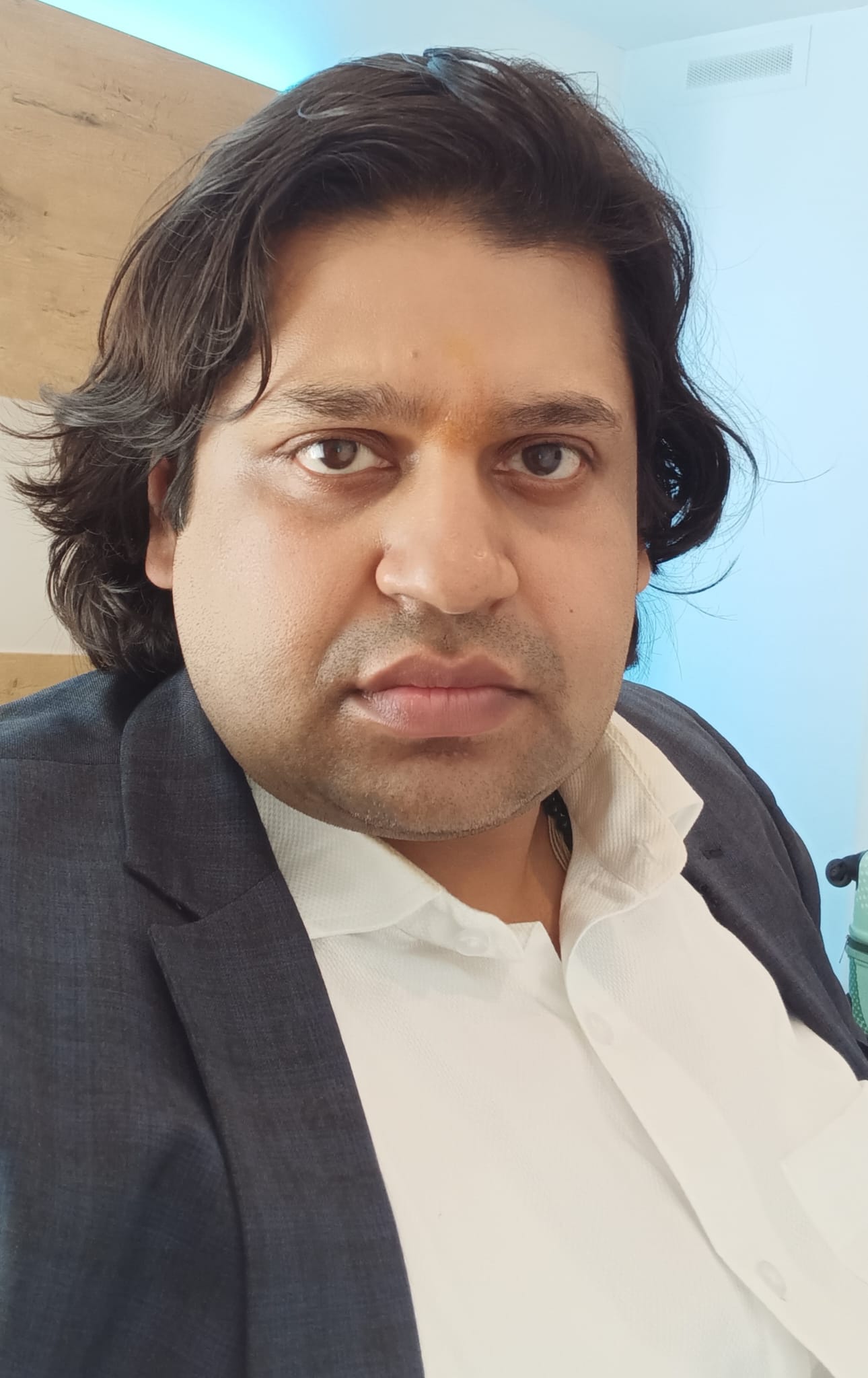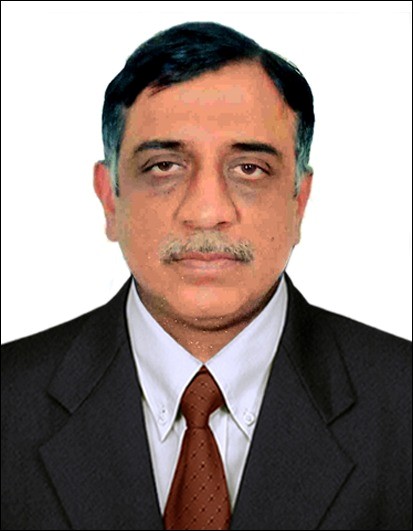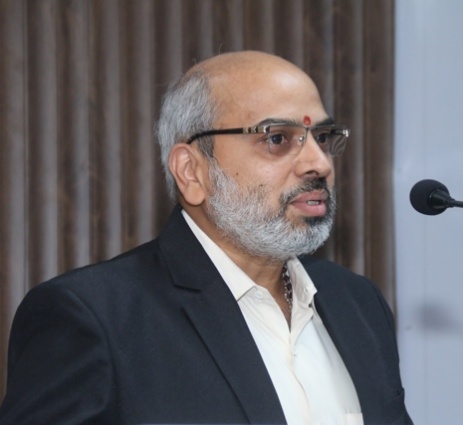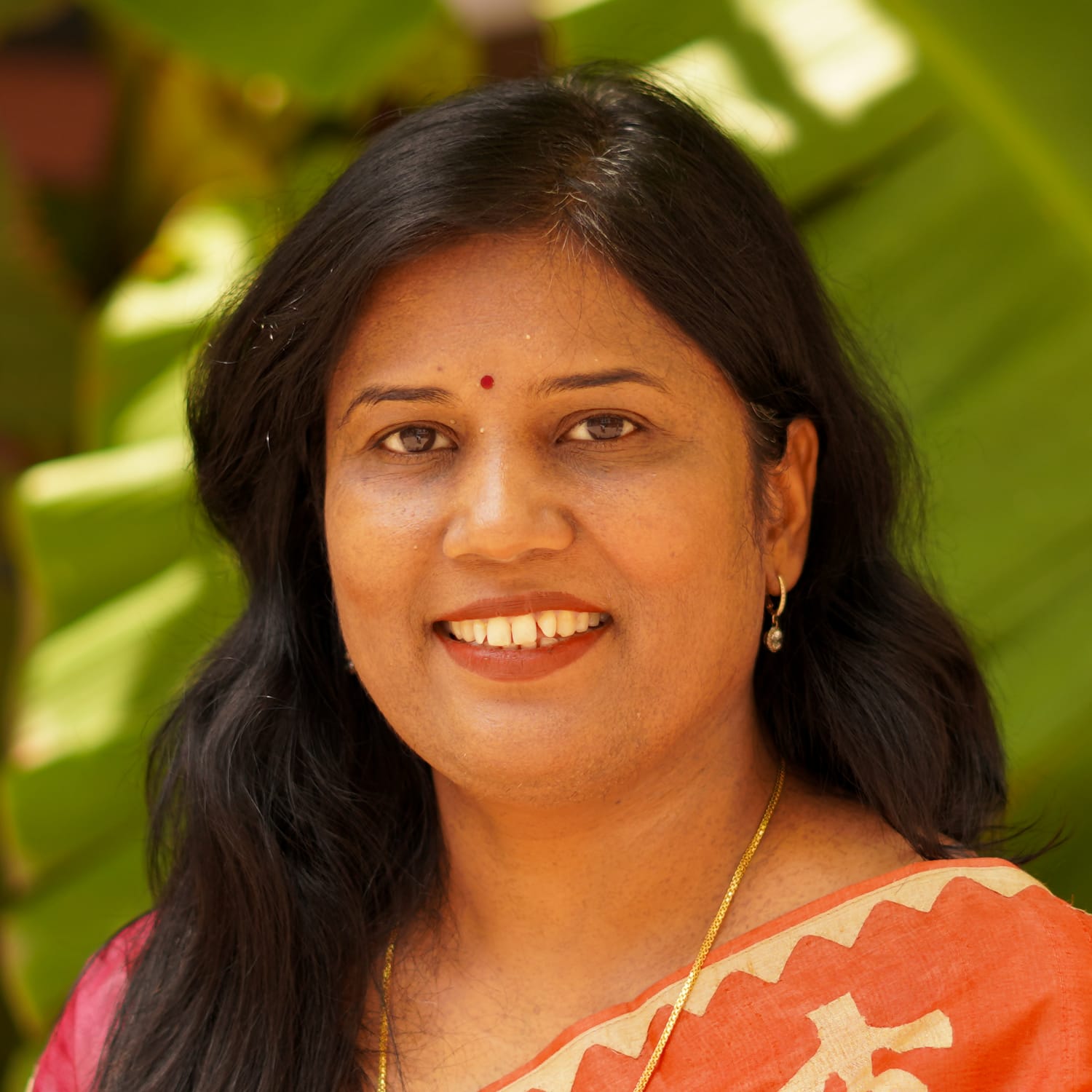Malini Mallikarjun graduated from the National Law School of India University, Bengaluru, in 1995.
For over 20 years, she worked with international accounting firms such as Arthur Andersen and Ernst & Young; she also spent 10+ years as a senior founding member of BMR Advisors, a homegrown entrepreneurial professional services firm. During this time, Malini advised companies from diverse sectors such as manufacturing, infrastructure, media and power generation on indirect tax and regulatory matters. She also represented clients and industry bodies before adjudicating and policy making authorities.
9 years ago, looking for a career in the impact space, Malini joined the Leadership team of the Piramal Foundation. Here, she was a founding team member of the Systems Transformation Program which was aimed at enabling better service delivery by public systems in India. In this role, Malini worked with the Niti Aayog and the State bureaucratic leadership of 5-6 states specifically on improving primary education and public health outcomes in the states; pilots were also launched to better enable access of land rights by marginalised communities. She also launched a specific initiative to provide holistic solutions including policy advisory, process re-engineering and technology solutions, to reduce the litigation burden of State Governments.
In this role, Malini established partnerships with technical partners and other civil society organisations in order to assist States in deploying a multi-pronged approach to solving what are clearly complex societal challenges; she also led large teams to roll-out the initiatives and undertake necessary field work.
Over the 18 months, Malini has also worked with the office of the Advocate General of Karnataka to help improve efficacy of the Government litigation management platform deployed in the state.
In NIAS, she leads BhuSampada, a Centre focussed on undertaking field action research on governance of land and natural resources.
BhuSampada is an action research center that will work at the inter-section of land, climate resilience, and the attendant governance structures and processes.
It is BhuSampada's belief that given the intersection between these areas and the inherent challenges in the attendant legal and institutional framework, it is imperative that field led and evidence-based findings are brought to the efforts in policy making. This is best done by an independent agency which can blend both academic rigour and field experience; an agency that collaborates with both grassroots communities and government policymakers to discern the changes that are necessary both in policy and practice. This is the role that BhuSampada hopes to play and to contribute towards shifting legal and institutional systems in a manner that can benefit hundreds of thousands, if not millions of India's poorest citizens while also reducing the strain on governance structures and processes.








